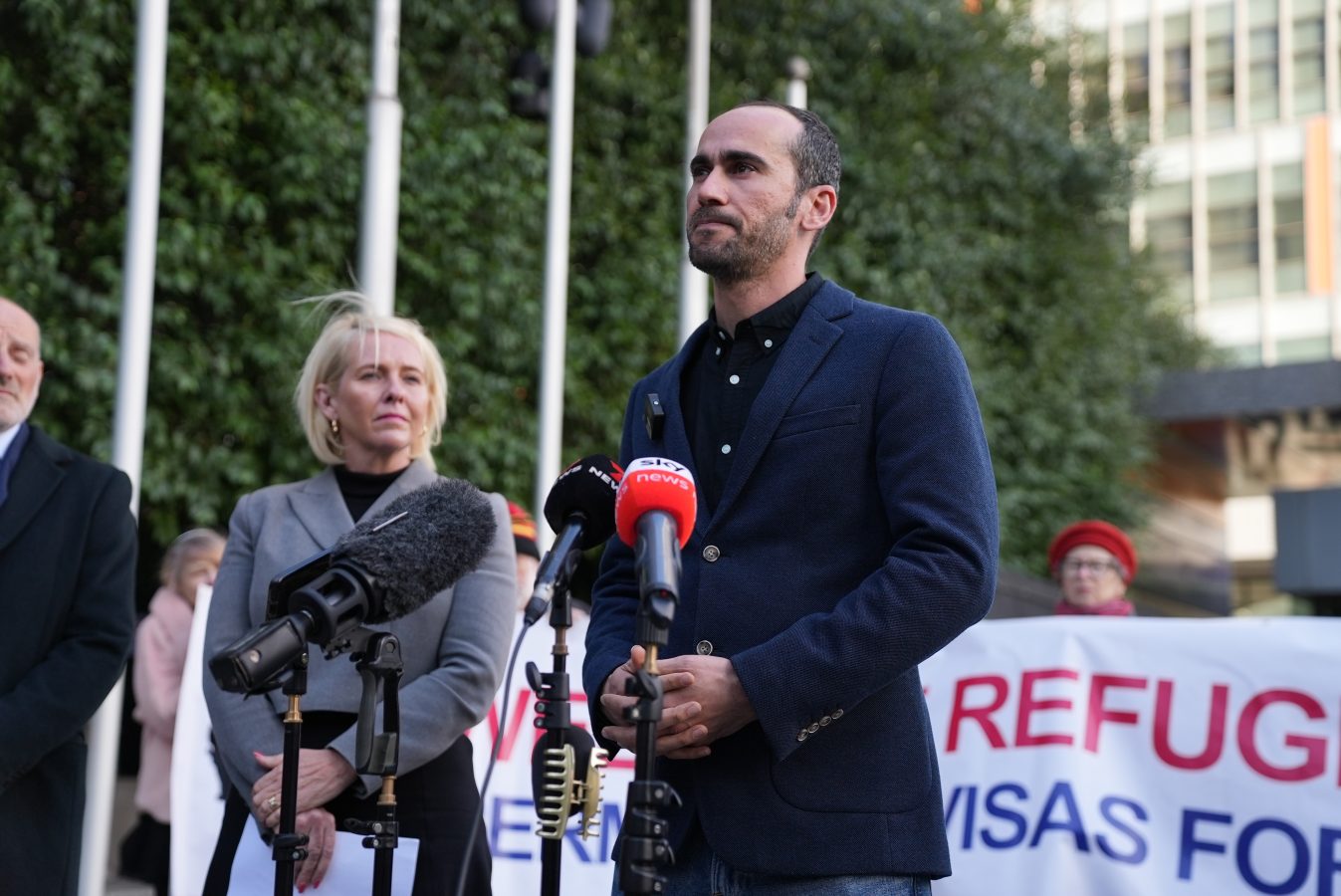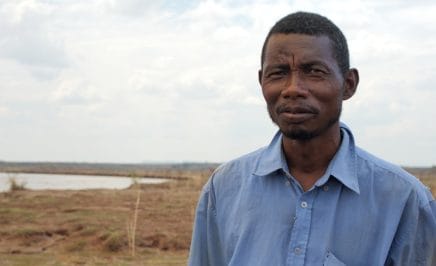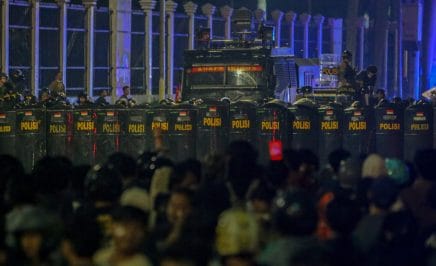The full bench of the Federal Court is set to hear Moz Azimitabar’s appeal against the 2023 Federal Court decision that Alternative Places of Detention (APODs) are lawful under the Migration Act 1958 (Cth).
The appeal is due to be heard on Monday 26 February at 10.15am. We expect that the judgment will be reserved. .
Mostafa Azimitabar (Moz) was detained for 14 months in the Mantra and Park hotels, where he was heavily guarded and often stayed in his room for up to 23 hours a day. He had no access to the outside world or to the proper medical treatment that he was brought to Australia to receive.
In 2022, Moz, represented by Marque Lawyers and supported by Amnesty International Australia, challenged the lawfulness of APODs under the Migration Act in the Federal Court and sought compensation for the breach of his human rights while detained. In 2023, the Federal Court ruled that the government’s use of APOD’s was lawful.
While finding hotel detention technically lawful under the Act, Justice Bernard Murphy delivered a scathing condemnation of the APOD policy, describing the practice of detaining people suffering acute psychiatric and psychological problems as lacking thought, care and humanity. Justice Murphy told the court, “As a matter of ordinary human decency, the applicant should not have been detained for such a period of time in those conditions.”
Although APODs are no longer being used for the long-term detention of refugees detained offshore, there is nothing stopping current or future governments from reinstating this policy.
The legal case:
In his appeal, Moz will argue that the government did not have the power to create APODs because the provisions within Australia’s Migration Act that the government relied on to create APODs were contained within the definitions section of the Act.
During Moz’s initial hearing in 2022, it was revealed that the government had previously relied on these same provisions in the definitions section of the Act to create other immigration detention facilities such as the Melbourne Immigration Transit Accommodation (MITA), Brisbane Immigration Transit Accommodation (BITA) and Adelaide Immigration Transit Accommodation (AITA).
As such, the outcome of Moz’s appeal could have significant implications for those who have been held in MITA and other Immigration Transit Accommodation facilities.
Ahead of Monday’s Federal Court hearing, Moz Azimitabar says,
“I was rushed to Australia from Manus Island for emergency medical treatment. Instead of receiving medical care I was forced to endure 14 months of immoral, inhumane cruelty in hotel detention. I cannot accept that what the Australian government did to us was legal.”
“My case has already shone a light on the senseless cruelty of detaining refugees in hotel prisons, exposing the inhumanity of this policy and has made APODs unacceptable to the Australian community. But I cannot rest while APODs remain legal and could be re-opened at any point.”
“I’m appealing the federal court’s ruling because I want the Australian government to be held accountable for what they did to us in those hotel prisons.”
Moz Azimitabar
“I want the Court to help put a stop to the immoral and unethical detention and treatment of people like me and many others who have come to Australia for protection but instead have suffered. I will not give up the fight for our human rights.”
National Director of Amnesty International Australia Samantha Klintworth says,
“Consecutive Australian governments robbed Moz of eight years of his life but they will never break his spirit. Moz is committed to seeing this fight through and Amnesty International Australia is proud to stand with him as he appeals this judgment to the full bench of the Federal Court.”
“The Australian government is responsible for serious human rights abuses through their practice of hotel detention, which has harmed Moz and the [hundreds] of men detained in APODs profoundly. The Federal Court must hold the government accountable for these human rights abuses, which we believe are unlawful, and to help define a more coherent and humane plan for the future of people seeking safety in this country.”
Managing Partner at Marque Lawyers Michael Bradley says,
“We will continue to argue that there is nothing in the Migration Act to empower the government to establish APODs. In our view, contrary to Justice Murphy’s finding, that power should not be implied into the Act. We are confident in the legal arguments that we intend to put to the Court on Monday.”
“Moz’s case is significant, as it has the potential to affect all those who have been unjustly detained in APODs. This could be many thousands of people, given that Immigration Transit Accommodation facilities were also classified as APODs. We are proud to continue working with Moz to advocate his case, and to advocate for the rights of refugees more broadly.”
Background:
Moz was transferred to Australia in 2019 on medical grounds after being detained for six years in the Manus Island offshore detention centre. For the next 14 months, he was held in an APOD where he was isolated in a small hotel room, prevented from going outside, exercising or even opening a window.
During this time, Moz suffered profound psychological harm as a result of near-constant solitary isolation, surveillance, physical ‘pat downs’ and the denial of basic necessities of life such as fresh air and social contact. Moz is arguing that this detention was unlawful, and he is seeking compensation from the Australian government for the harm he suffered.
Thanks to the tireless advocacy of human rights organisations, lawyers, health professionals, members of the public, and Moz and his friends held in immigration detention, Moz was released from the Park Hotel in January 2021, but must now reapply for a bridging visa every six months. He is allowed to work but does not have the right to study. The serious human rights impact of his time in hotel APODs have taken a terrible physical and emotional toll. He is one person among over a thousand trapped in this limbo, unable to move on with their lives.









